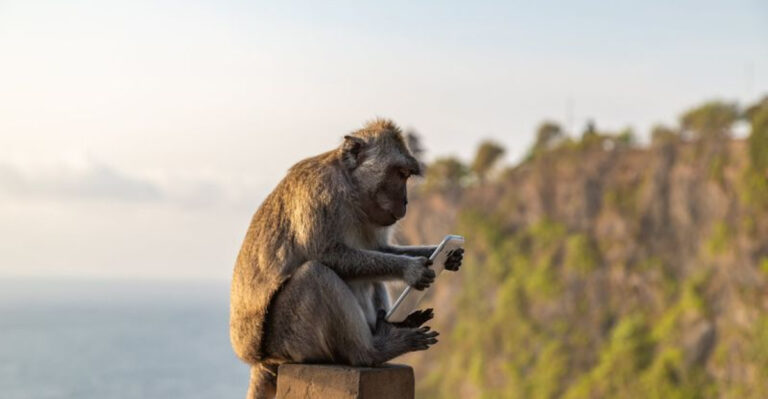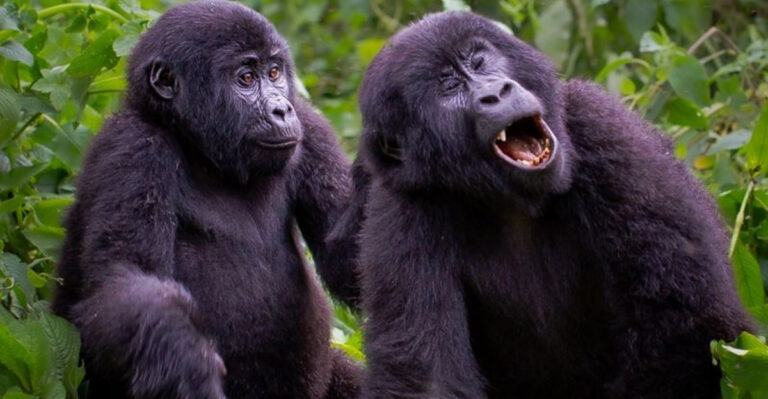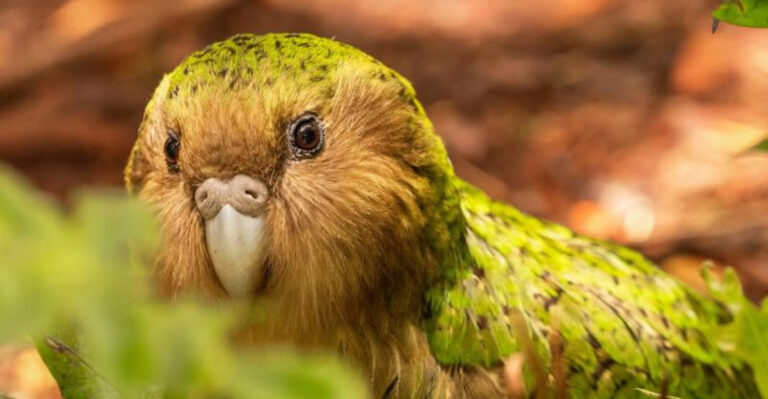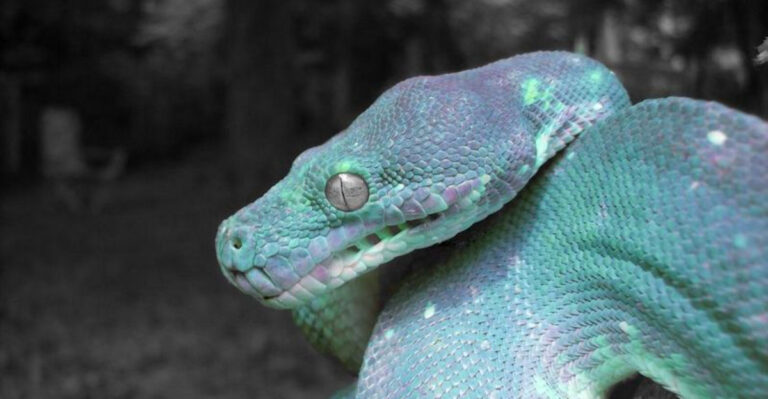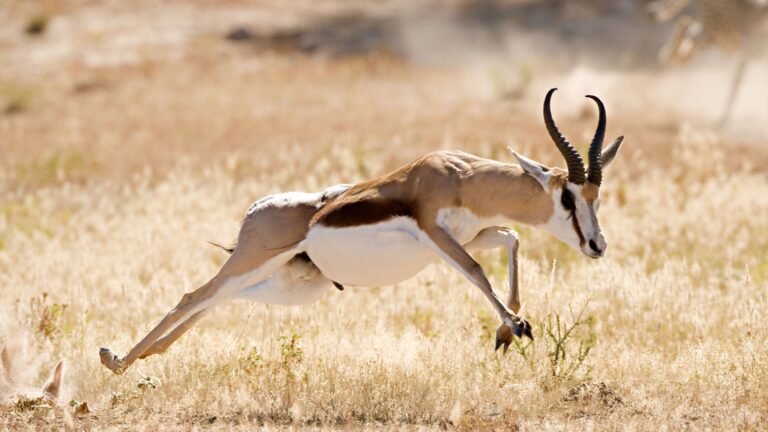16 Remarkable Animals Quietly Working To Save The Planet
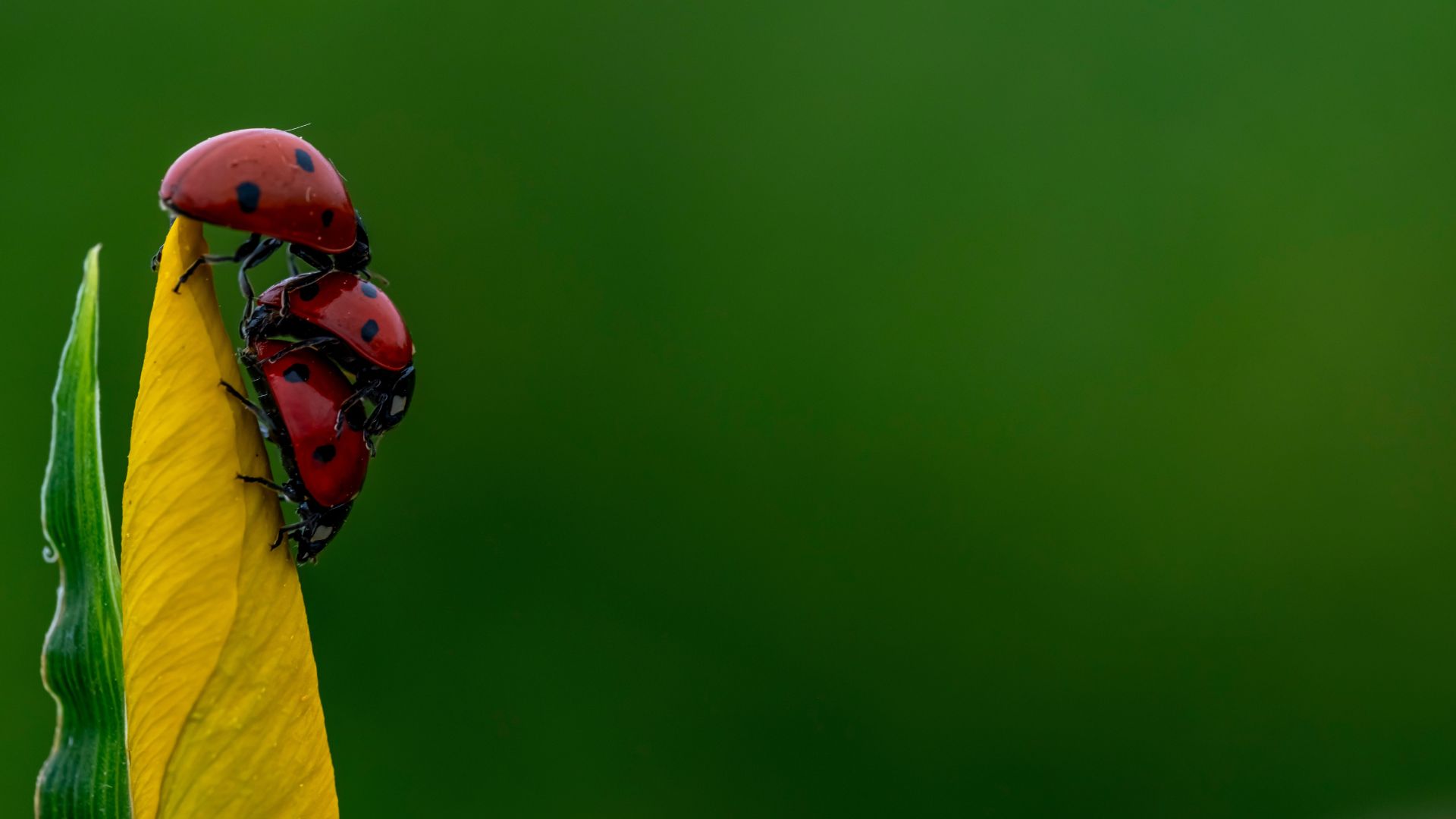
While humans are often the face of environmental conservation, many remarkable animals are quietly playing crucial roles in saving the planet.
From pollinators to forest engineers, these creatures are vital to the health of ecosystems and the survival of countless species, including our own.
In this article, we’ll explore 16 incredible animals whose natural behaviors and instincts are helping protect and restore the environment in ways that often go unnoticed.
1. Earthworms
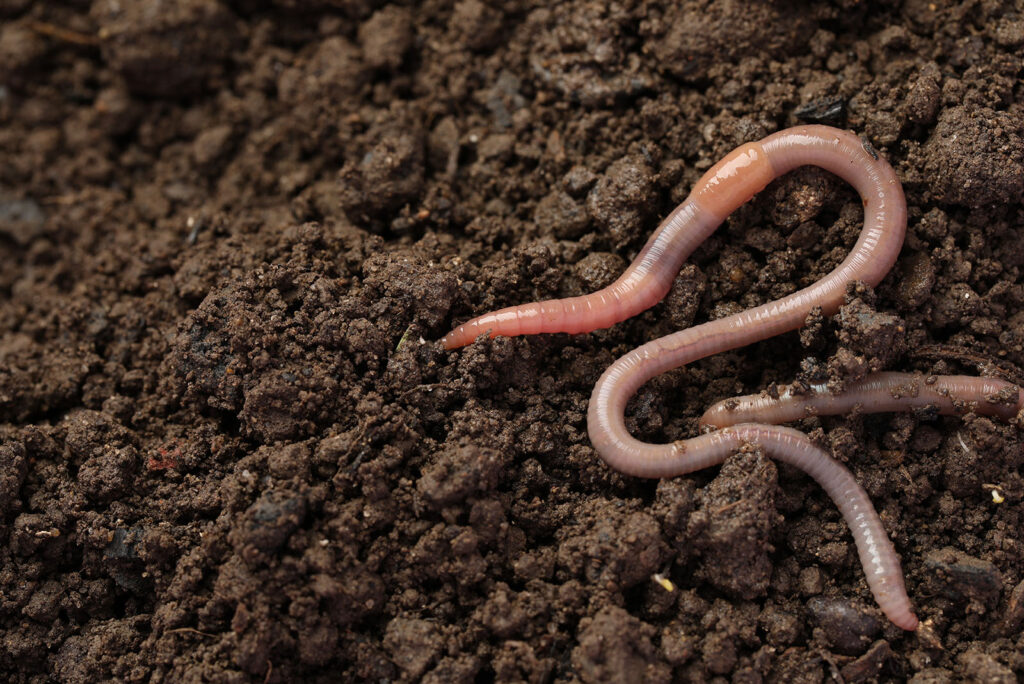
How often do we actively think about these little wrigglers beneath our feet? When we garden, we might not give them a second thought—or even worse, we may treat them as pests.
But in Tibetan culture, rescuing earthworms from danger is considered an act of compassion. It is believed that showing admiration even to the tiniest life forms teaches us to respect the world.
And there’s plenty to admire! Earthworms are essential to soil health. They break down organic matter, release nutrients back into the soil, and create channels that help water reach plant roots.
Their wriggly movements also mix soil layers, which in turn improves the structure for sprouting seeds.
2. Ants
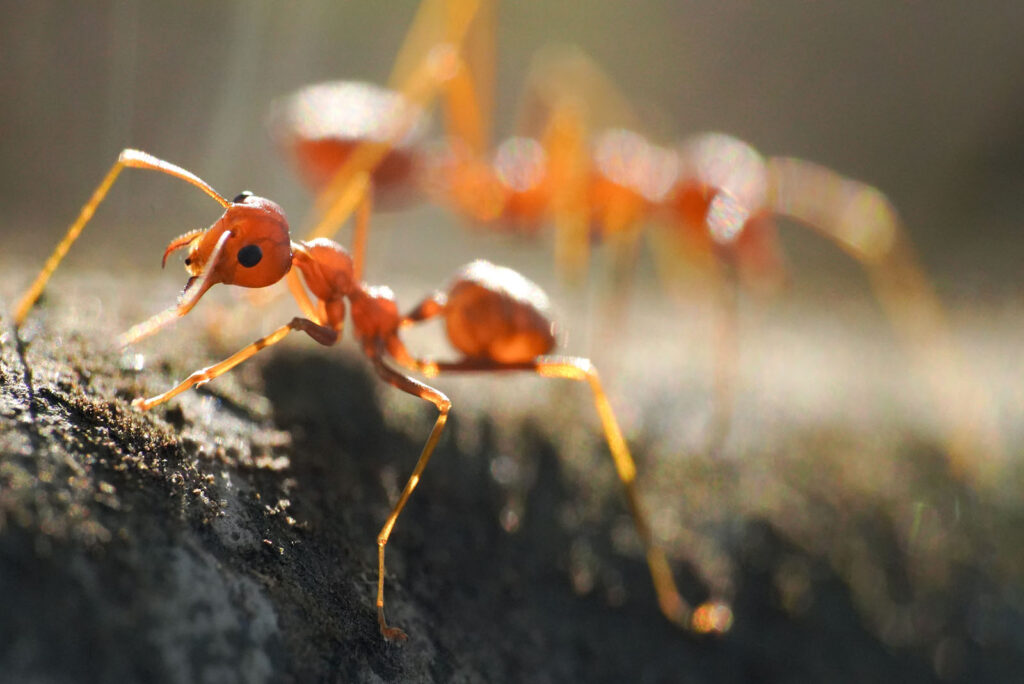
It is already known that ants, like bees, are hard workers, but do they get the appreciation they deserve?
Beyond their well-known colony teamwork, ants are one of the most significant contributors to biodiversity. These tiny landscapers spread seeds, help plants grow all across the Earth, and they aerate the soil with their small tunnels.
And there’s more! Ants really are heroes. They defend plants from harmful pests, and all they take in exchange is a meal.
3. Coral
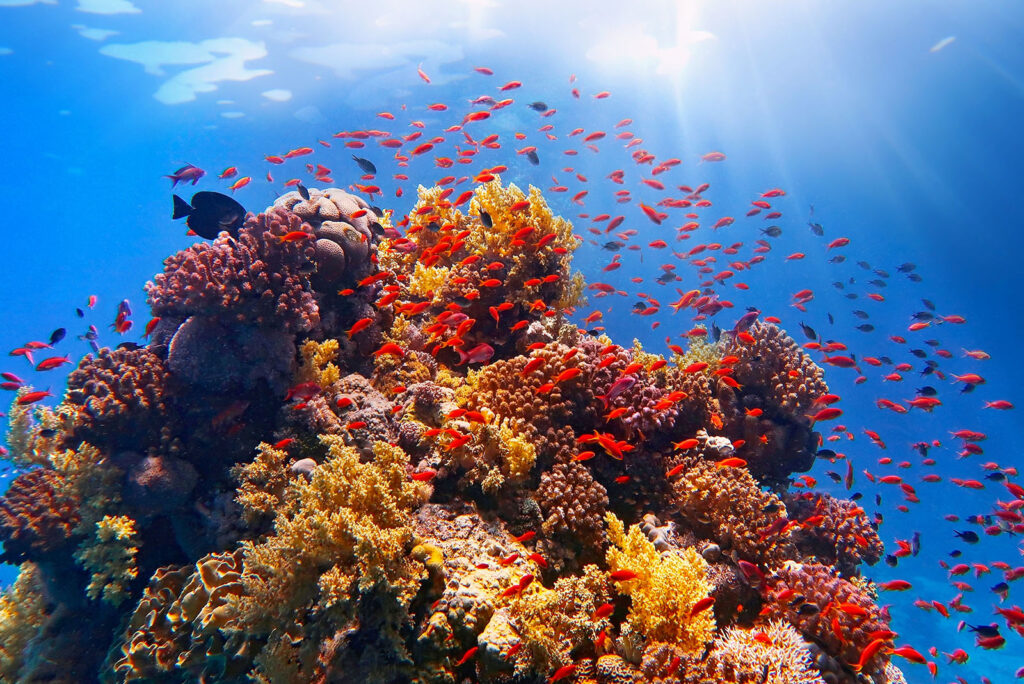
Yes, corals are animals too, and they are vital to marine ecosystems. Without them, many smaller fish and other sea creatures would be left homeless, as coral reefs house over 800,000 different species.
Beyond just housing for smaller fish, they help buffer coastlines from storms and erosions. Without them, our oceans would be a whole lot stormier and a lot less populated.
So, if you thought the only thing corals were good for was looking pretty in an aquarium, think again.
4. Vultures
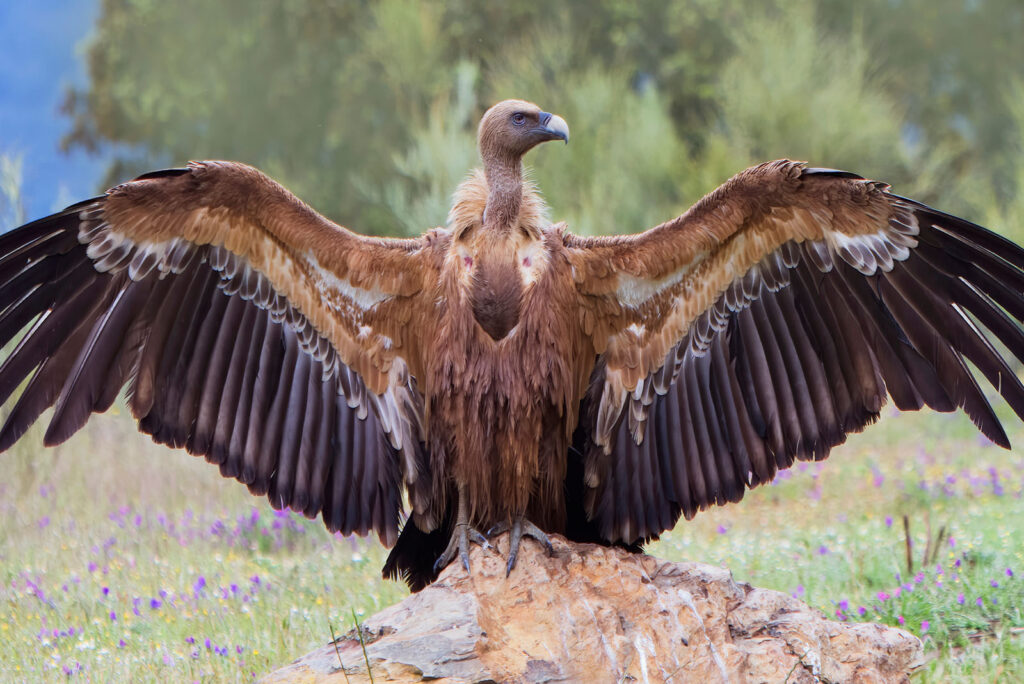
Contrary to popular belief, vultures don’t just ominously circle above corpses like in Western movies. They are essential in arid regions where the process of decay is slow.
Vultures feast on carcasses, and this helps with the prevention of disease. Their stomach acid is so strong that it can kill bacteria like anthrax! In a way, they act as nature’s clean-up crew.
Who knew these villains were actually heroes?
5. Beavers
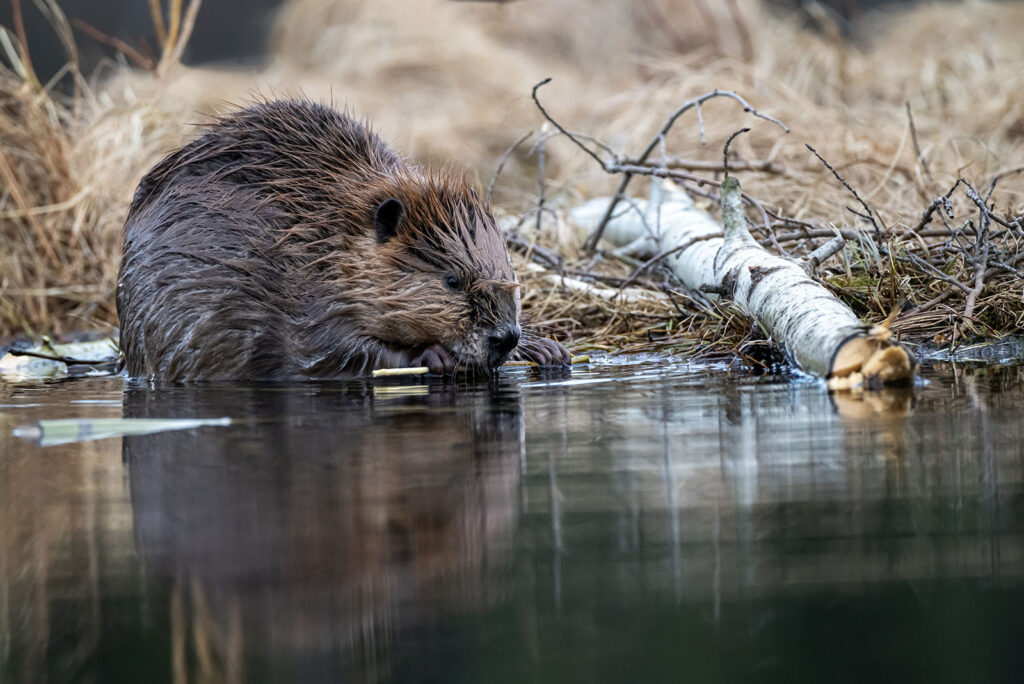
Beavers are true architects of the animal kingdom. Why, you may ask? Because they design and build waterway ecosystems!
They work hard to build their dams, and it certainly pays off. Their dams create wetlands that slow water flow which ultimately prevent floods and provide habitats for other animals.
Another thing about these ponds is that they also trap sediment which absorbs pollutants like heavy metals and pesticides. So, their dams are literal water filters!
6. Dung Beetles
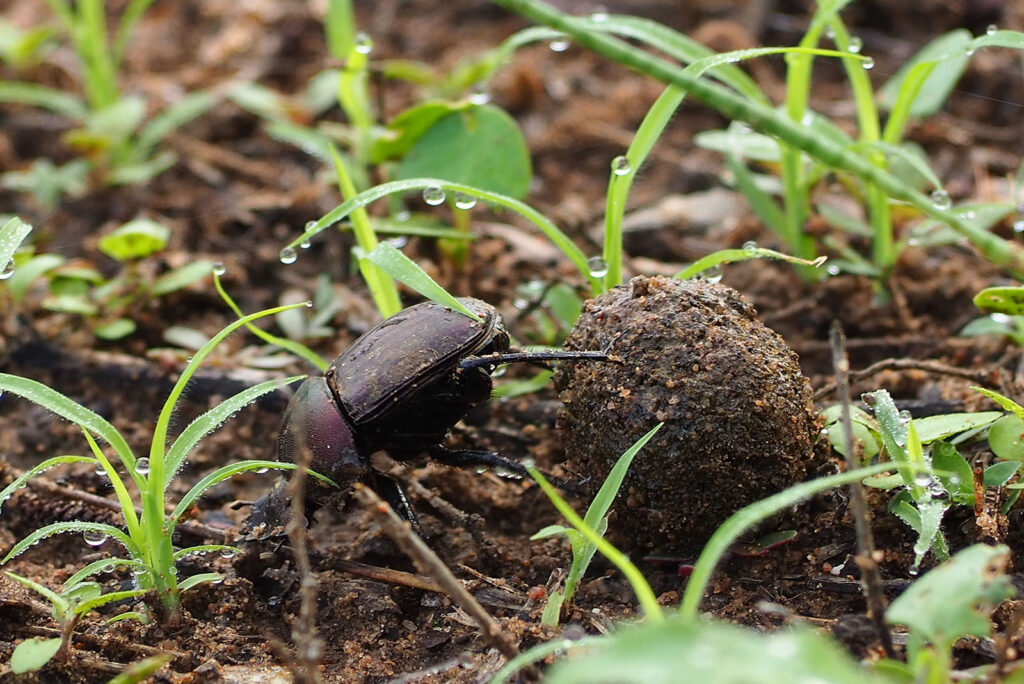
The humble dung beetle recycles nutrients and prevents gasses from building up in the environment.
The life of the dung beetle certainly doesn’t sound like a dream job. And on top of that, their job is not easy whatsoever. But did you know that they can push dung around 250 times their weight?
As unglamorous as the job sounds, they deserve admiration for their diligent work on behalf of the ecosystem.
7. Oysters
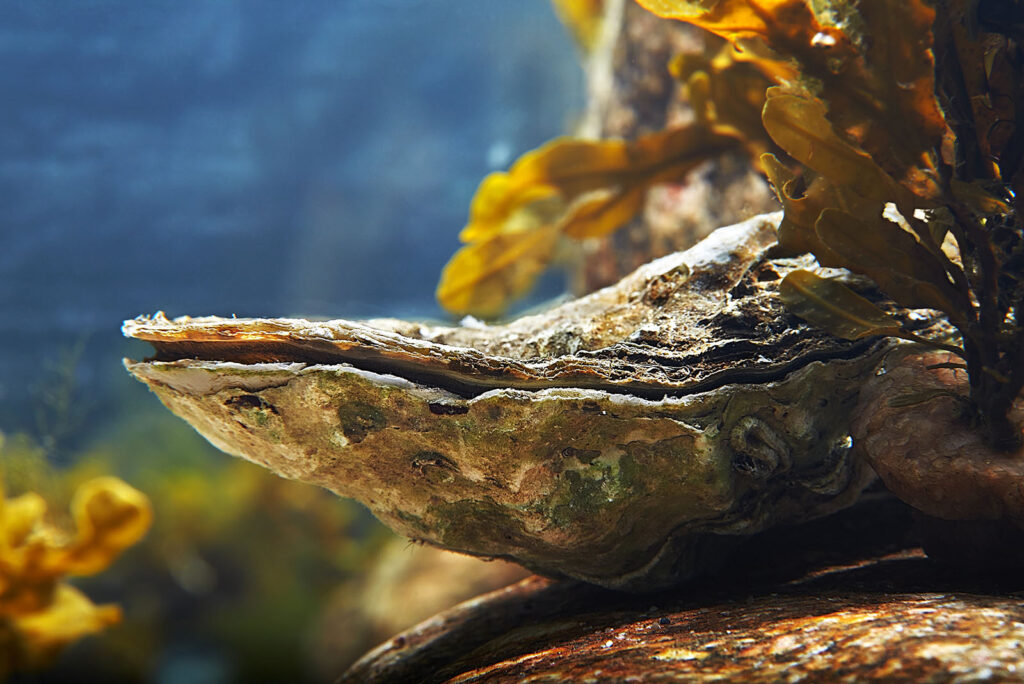
Oysters may be best known as a delicacy and pearl-producing, but they are also amazing water purifiers. A single oyster can filter about 50 gallons of water a day.
What’s more, they can also create their own reefs, similar to corals. They’re low-energy safe havens for tiny marine creatures.
8. Elephants
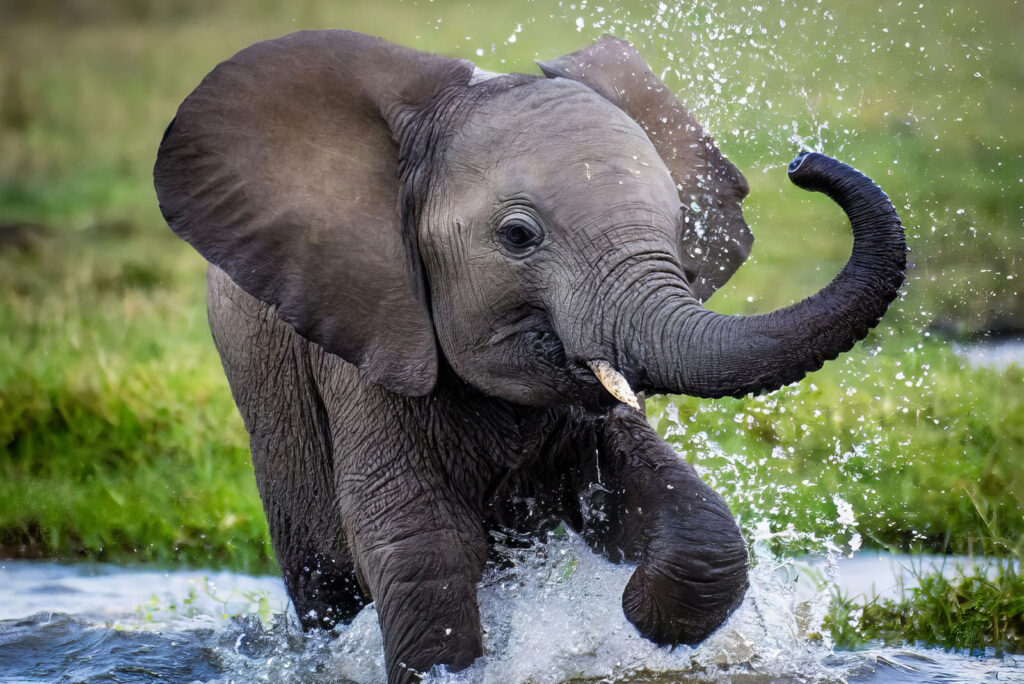
Elephants may be massive and sometimes clumsy, but their clumsiness is a good bulldozer! As they roam, they knock down trees, create water holes, clean up, and open up landscapes for other animals.
Elephants don’t just fertilize the soil with their droppings, but they also help spread seeds. With a daily diet that can weigh as much as a smaller car, elephants scatter an incredible amount of seeds.
9. Prairie Dogs
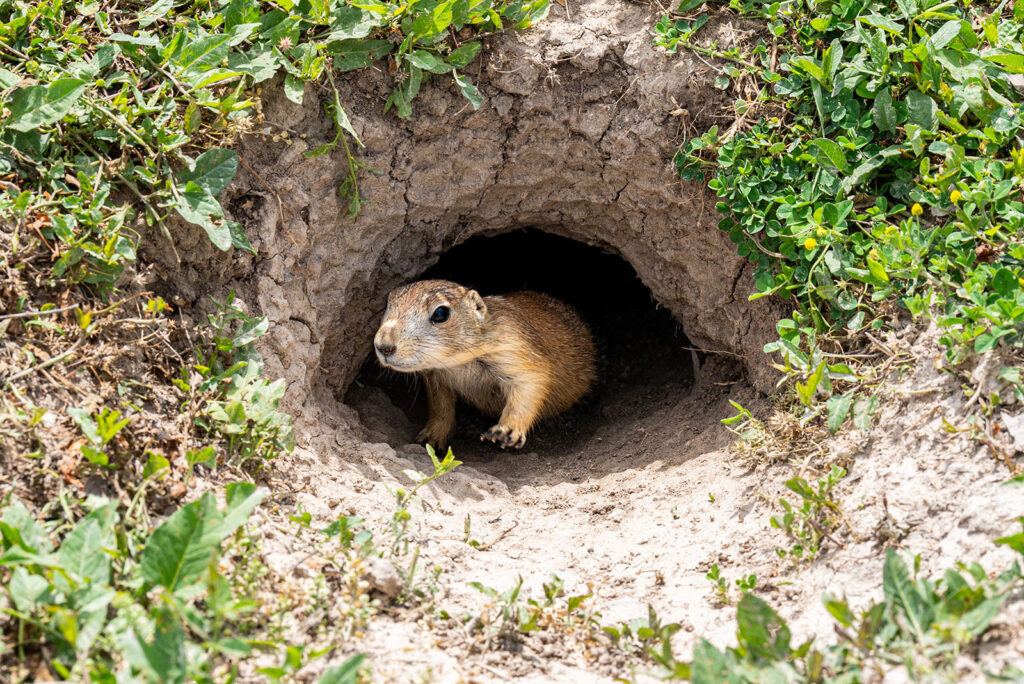
In prairie habitats, prairie dogs dig extensive interconnected burrows which improve soil quality and provide shelter for many species, including snakes, rabbits, and owls.
Like the busy ants from before, these tunnels help aerate the soil and promote plant growth.
10. Humpback Whales
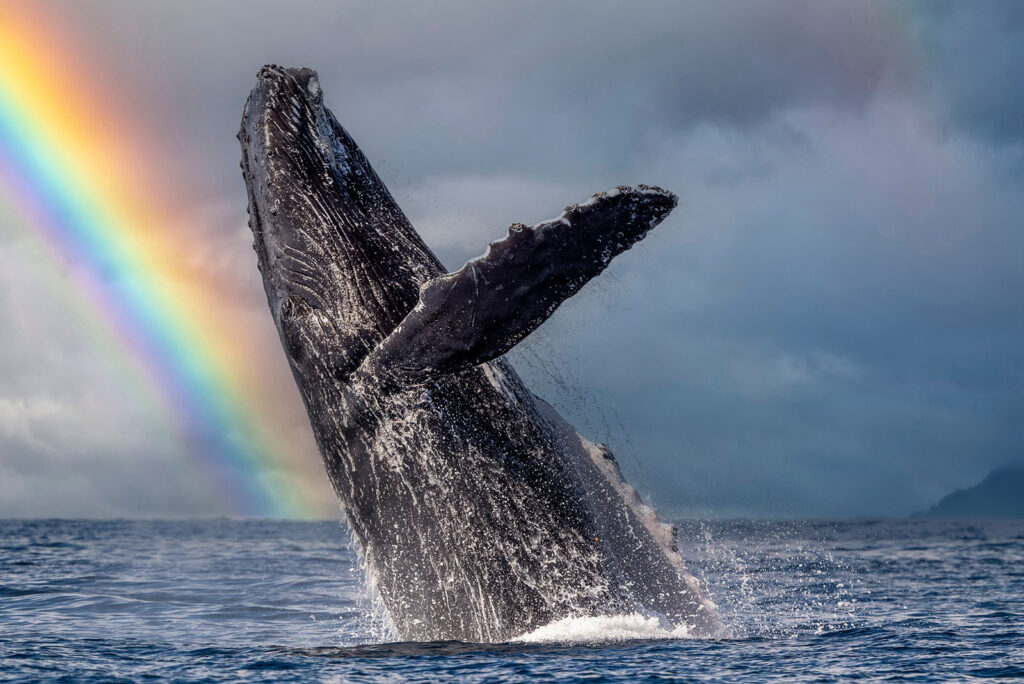
These ocean giants are famous for their haunting songs and sleeping habits, but did you know that they are also ocean farmers?
When humpback whales dive and resurface with mighty splashes, they stir nutrients in the water that rise and fertilize phytoplankton, the most important component of the marine food chain.
This directly results in the regulation of CO2 in the Earth’s atmosphere.
11. Termites
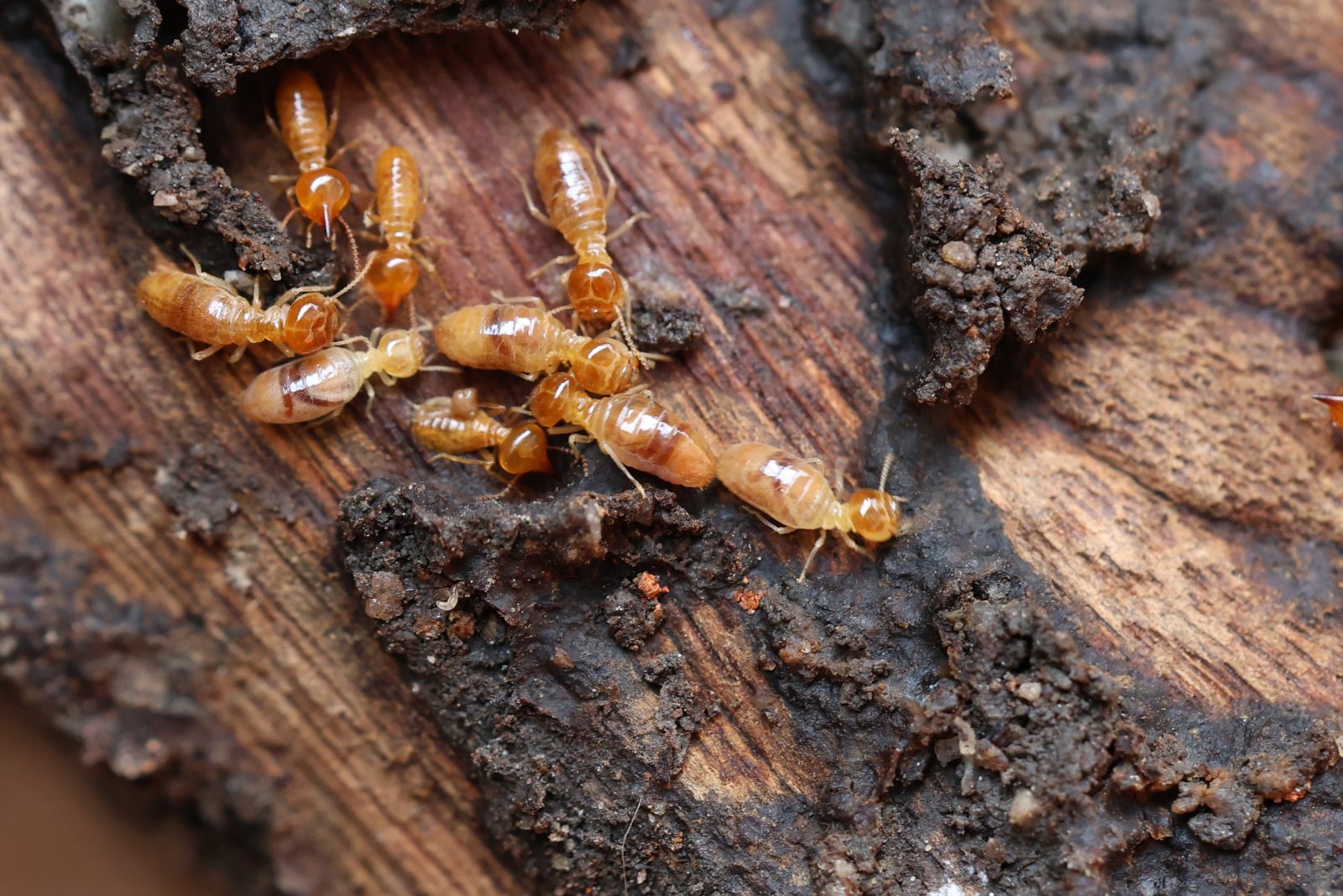
Often misunderstood as pests, termites are vital decomposers in nature. They break down tough plant material, recycling nutrients into the soil and enriching its fertility.
In arid regions, their intricate mounds improve soil quality and create microhabitats for other species. By supporting nutrient cycling and habitat formation, termites play a crucial role in maintaining ecological balance.
12. Sea Otters
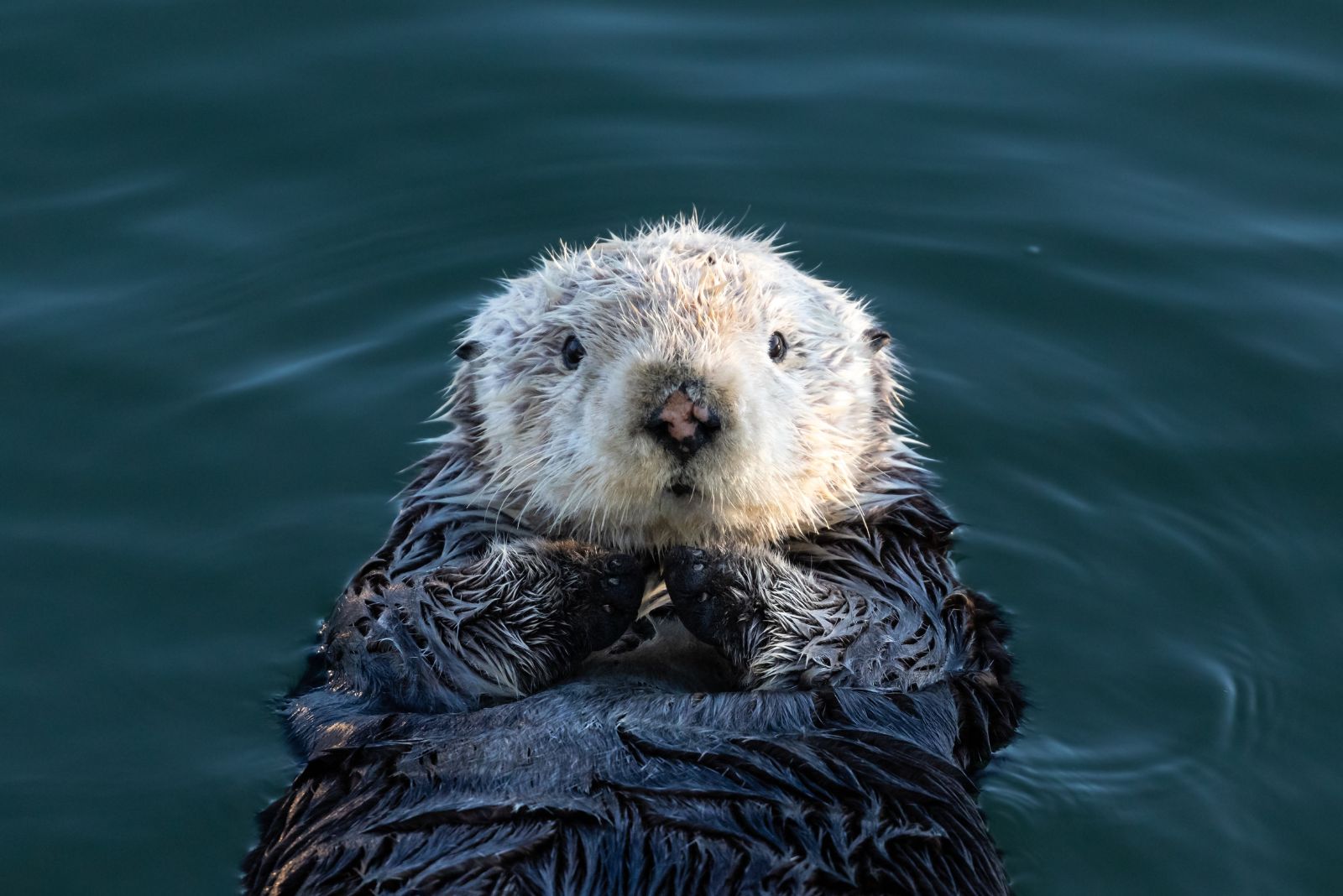
Sea otters are key players in maintaining kelp forest ecosystems. By preying on sea urchins, they prevent overgrazing, allowing kelp forests to thrive.
These underwater forests support marine biodiversity and absorb carbon dioxide, making them critical for combating climate change. Sea otters help sustain this balance, earning their place as a keystone species.
13. Bats
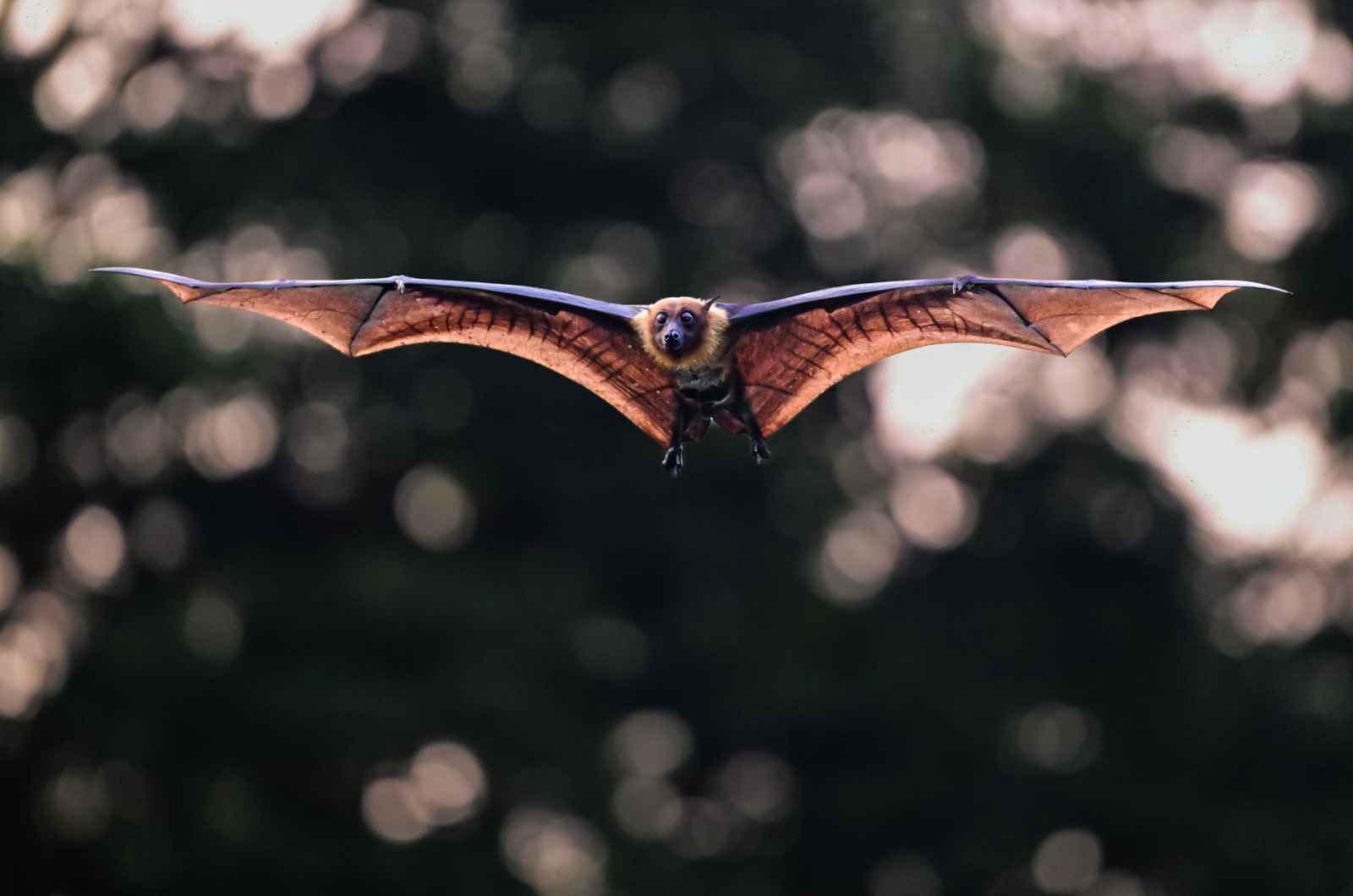
Credit: Shutterstock
Bats play a crucial role in saving the planet by serving as natural pest controllers, pollinators, and seed dispersers.
A single bat can eat thousands of insects, including mosquitoes and crop-damaging pests, each night, reducing the need for chemical pesticides. Fruit bats are essential for pollinating over 500 plant species, including bananas, mangoes, and agave, which is vital for tequila production.
They also disperse seeds across vast areas, promoting reforestation and maintaining ecosystems. By controlling insect populations and supporting plant growth, bats contribute to agricultural sustainability and biodiversity, making them unsung heroes of the environment.
14. Sharks
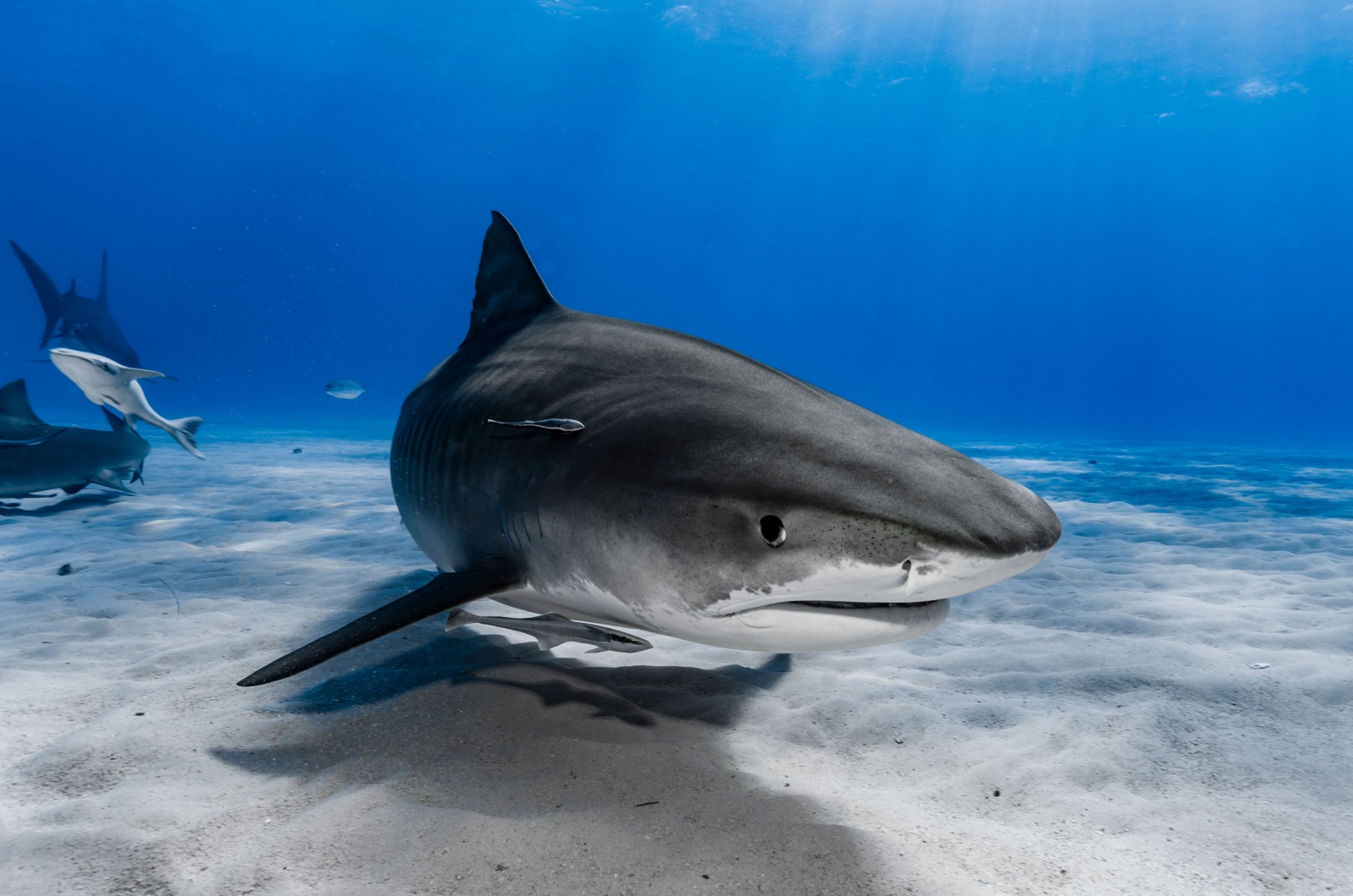
Credit: Shutterstock
Sharks are vital to the health of marine ecosystems, acting as apex predators that regulate species populations and maintain the balance of ocean life.
By preying on weak or sick animals, sharks prevent overgrazing on seagrass beds and coral reefs, which are critical for carbon storage and biodiversity. Their presence ensures a healthy balance in the food web, which supports fisheries and marine habitats worldwide.
Sharks also contribute to ecotourism, encouraging conservation efforts. Protecting these misunderstood creatures is essential for maintaining ocean health and combating climate change, as healthy seas are integral to a stable planet.
15. Ladybugs
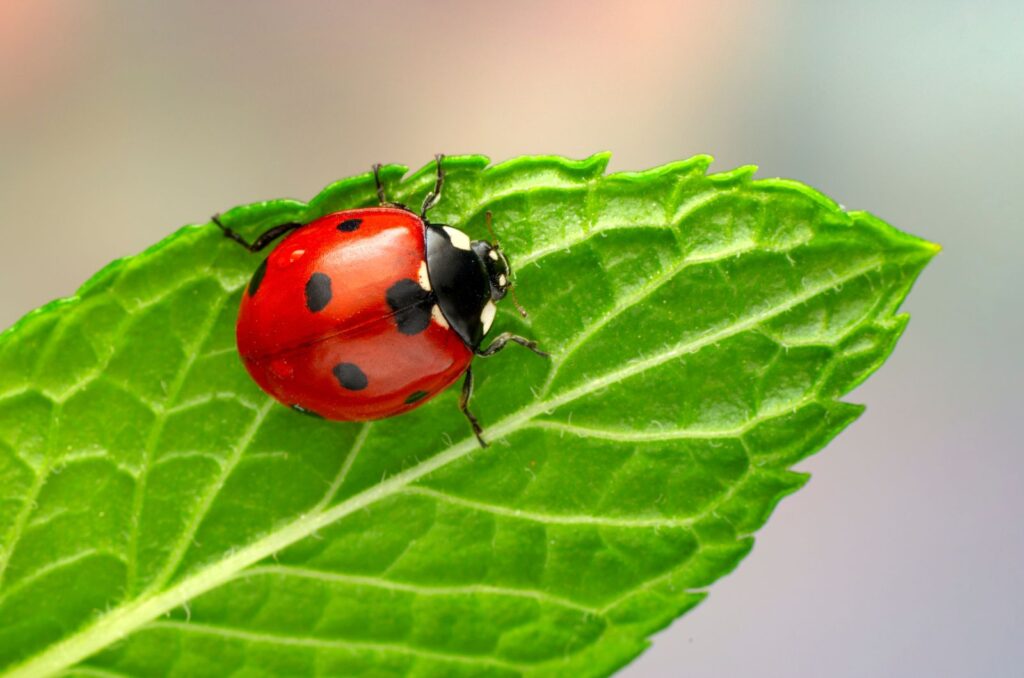
Ladybugs are small but mighty creatures that contribute significantly to natural pest control. Known for their appetite for aphids and other plant-eating insects, ladybugs help reduce the need for chemical pesticides in gardens and agriculture.
By keeping harmful insect populations in check, they play a vital role in maintaining healthy crops and ecosystems. Their presence ensures the balance of plant and insect life, making them invaluable allies in preserving biodiversity.
16. Crows
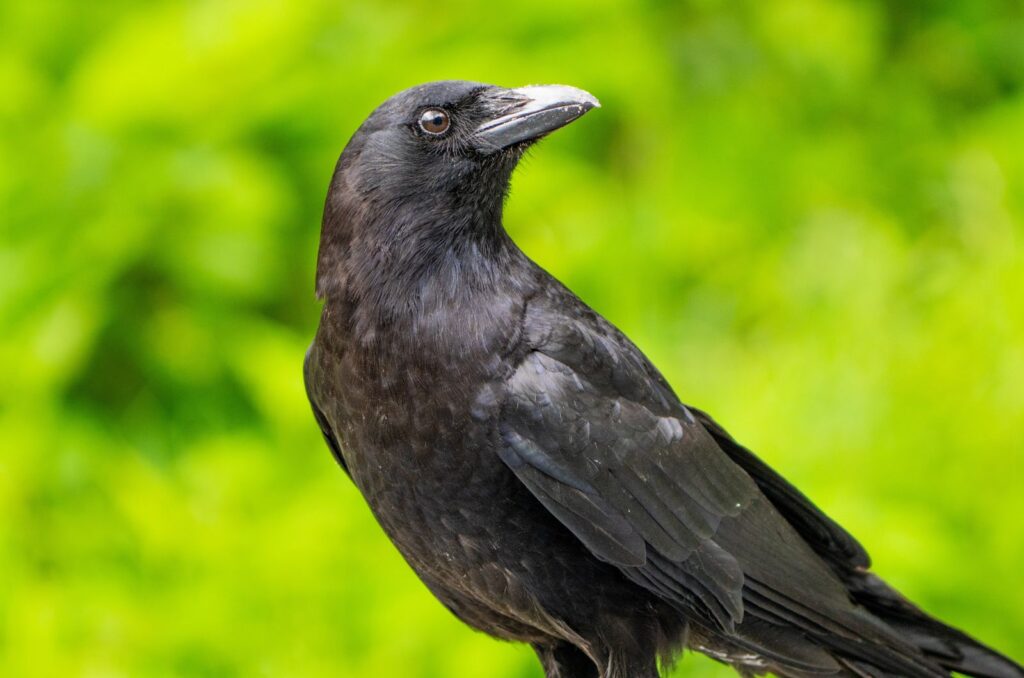
Crows are not just highly intelligent but also essential to the environment. These birds help by dispersing seeds, which aids in the regeneration of plants and trees.
They are also natural protectors, keeping pest populations under control and preventing overgrazing in certain areas.
Crows are known to protect other species by warding off predators, showcasing their importance in maintaining ecosystem balance. Their adaptability and resourcefulness make them key players in sustaining healthy landscapes.


